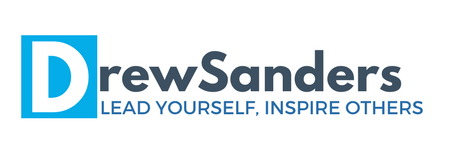Speaking of competition.
Here is an interesting question for you to consider when you use the word competition.
Where do you come out on this?
Competition: Does It Fuel You, Or Drain You?
As spring turns to summer most sports offer us a “Major” championship to follow. Media channels abound and the actors in these live dramas have massive exposure. The narrative of live competition is a draw to a huge percentage of our population and if you follow a sport like golf or tennis you can even go out and attempt to transfer some of the magic into your own game.
Yet most of us “compete” within a social context, few of us really play a sport for a living with people we don’t know, and once you have a social context much of the game gets tilted on a new axis. This new axis is very familiar to most as it is similar to our work life where your performance is all relative to the structure of your enterprise. (Don’t show up your boss etc.)
Add to this interesting fabric the dynamic of youth sports and it is hard to get a consistent definition of the word “competition”. However, because we study the performance of self and as a part of a team, we dove headlong into the matter and have some interesting conclusions to share.
One of America’s best youth advocates and former NFL All-Pro Joe Ehrmann wrote a book in 2010 called “InSideOut Coaching”. On page 213 he gives us the etymology of “competition.”
“The root word of “competition” is the Latin word “petere”, meaning to search or strive for. Most often it is used in the context of striving or searching for something of value or excellence. The preposition “com” means together. So literally, competition can be defined as a “mutual quest or striving for excellence.”
In short, it means “TO STRIVE WITH”. But what a minute, I thought we competed AGAINST others, not WITH others. Well, it turns out it depends on your point of view.
We have noticed that if you watch the players on the biggest stages you will see a kinship, a fellowship where they realize they need the other person or team to get to their best performance. Russell needed Chamberlain, Magic needed Bird, and the 49’ers needed the Cowboys.
However you have to look for it, because standing between you and the players are the announcers and a media bias that we, the viewing public, won’t watch a match that doesn’t have conflict or acrimony, and maybe there is some truth to that. With this thought in mind they add their words to the affair and so extends the narrative that “these guys hate each other” etc. So builds the compete AGAINST story-line.
Getting back to youth sports, which definition would you like to pass on? If the dropout rates in youth sports are any indication, it appears the AGAINST story line doesn’t sit well with our children, as up to 70% are out of organized sports by 13. It turns out that the kids leave sports because they “stop being fun” Really, isn’t that the whole point?
We would like to offer that you consider looking at your competitive efforts through the “Strive With” lens and see if it in fact helps you enjoy competition more. The attached graphic shows how a simple switch of the mind can make a big difference.






